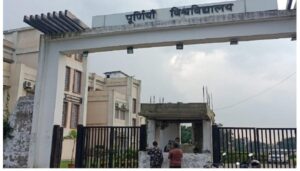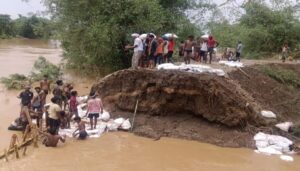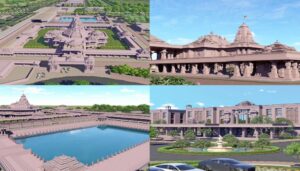‘We Were Asked for the First Time’: Women Voice Hopes and Concerns at Bihar’s Mahila Samvad Programme
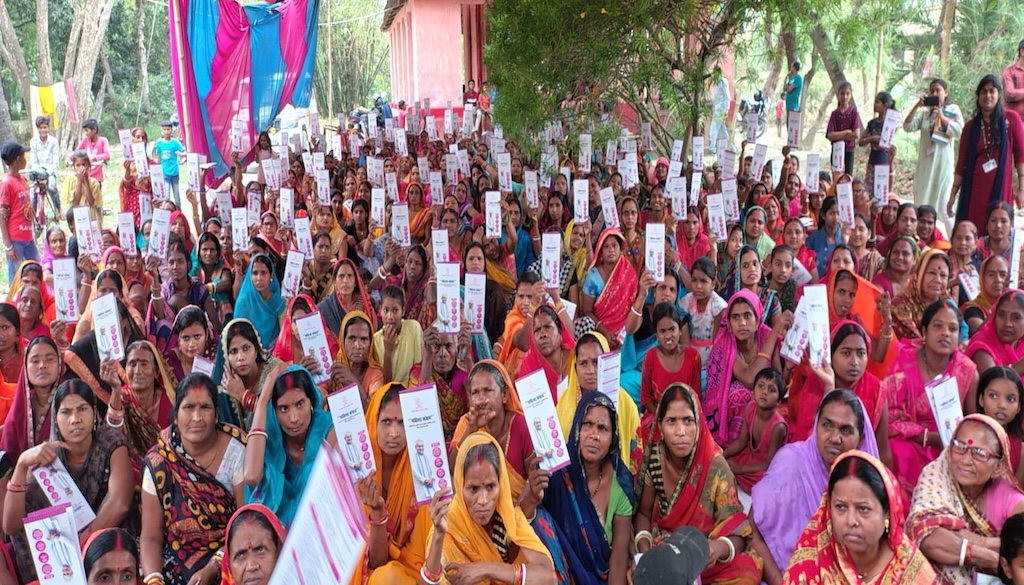
Patna: Sunita Devi from Bhandari village in Jamui could hardly hide her surprise. “I raised the issue of proper roads. This was the first time we women have been asked directly,” she said, standing near a mobile awareness van that had rolled into her village as part of Bihar government’s Mahila Samvad programme.
Anju Devi, from the same village, nodded in agreement. “My daughter received a bicycle through a government scheme. I would request the government to support me and my family in similar ways in the future as well.”
Rita Devi, from Lalganj village in Purnea, added, “I have skills but no consistent income. I requested support to find a job.” Around her, other women spoke up too — about the need for better sanitation, access to drinking water, and improved public transport.
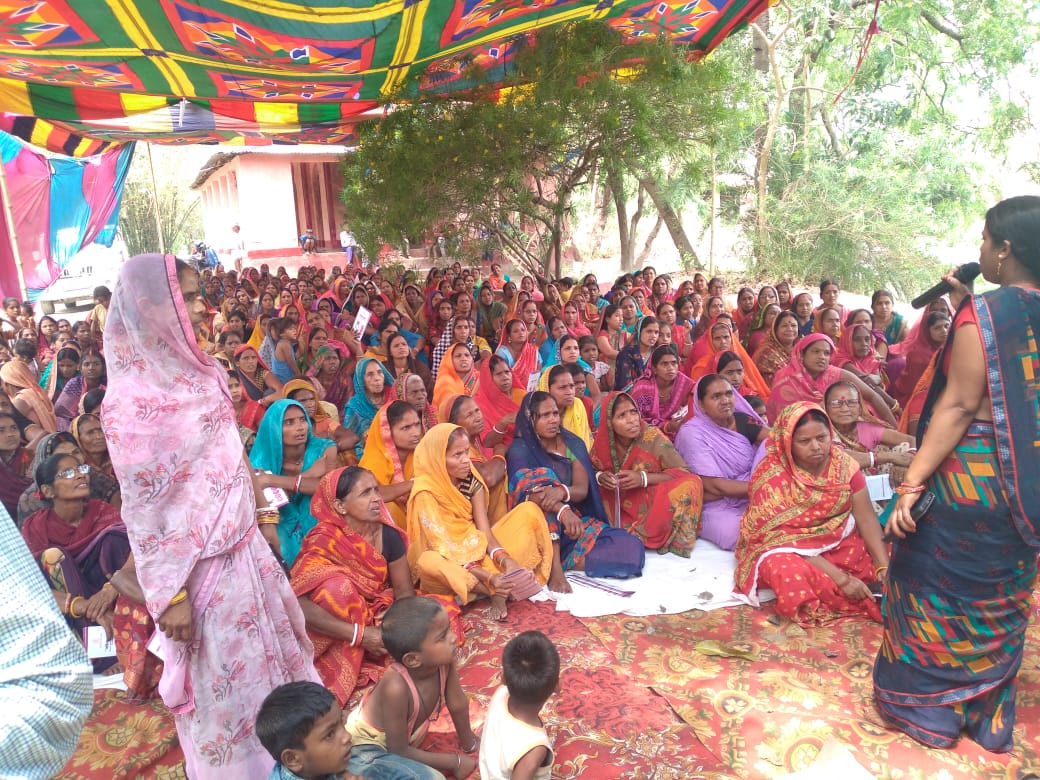
Launched on April 18, the Mahila Samvad initiative continued its momentum across Bihar on Saturday, with mobile awareness vans visiting nearly 1,200 village locations in districts such as Patna, Muzaffarpur, Jamui, Araria, Supaul, Madhepura, Bhagalpur, Gaya, and Purnea. The programme, driven by the state government, is designed to bring welfare information to the doorstep of rural women — and, for perhaps the first time on such a scale, listen to their feedback.
Sessions were held in two shifts — from 9am to 11am and again from 4pm to 6pm — and combined video screenings with open discussions. The vans, fitted with LED screens, played short films detailing government schemes like free bicycles and uniforms for schoolgirls, livelihood support through JEEViKA, and provisions for reservations in education and jobs.
What followed was perhaps the most vital part: women speaking back. In village after village, attendees brought up hyper-local issues — broken drains, lack of mobility, joblessness, and insufficient school facilities. Officials, both at the state and district level, took notes and interacted directly with women.
In Dumri village in Gaya district, Chief Secretary Amrit Lal Meena was among the officials who attended. “Education is essential for building a stronger society, state, and nation,” he told the gathering. In Patna, District Magistrate Chandrashekhar Singh visited Pachrukhi village in Sampatchak block, where nearly 200 women took part in the dialogue.
The response has been robust. Over 7,000 women attended the programme across multiple blocks in Madhepura, while Supaul district saw more than 7,500 participants across 34 village organisations. The programme is slated to continue in the coming weeks, reaching deeper into the state’s rural heartlands.
According to officials, all inputs collected from these sessions will be channelled into action. Matters that can be resolved locally will be forwarded to district authorities, while policy-level concerns will be escalated to relevant state departments.
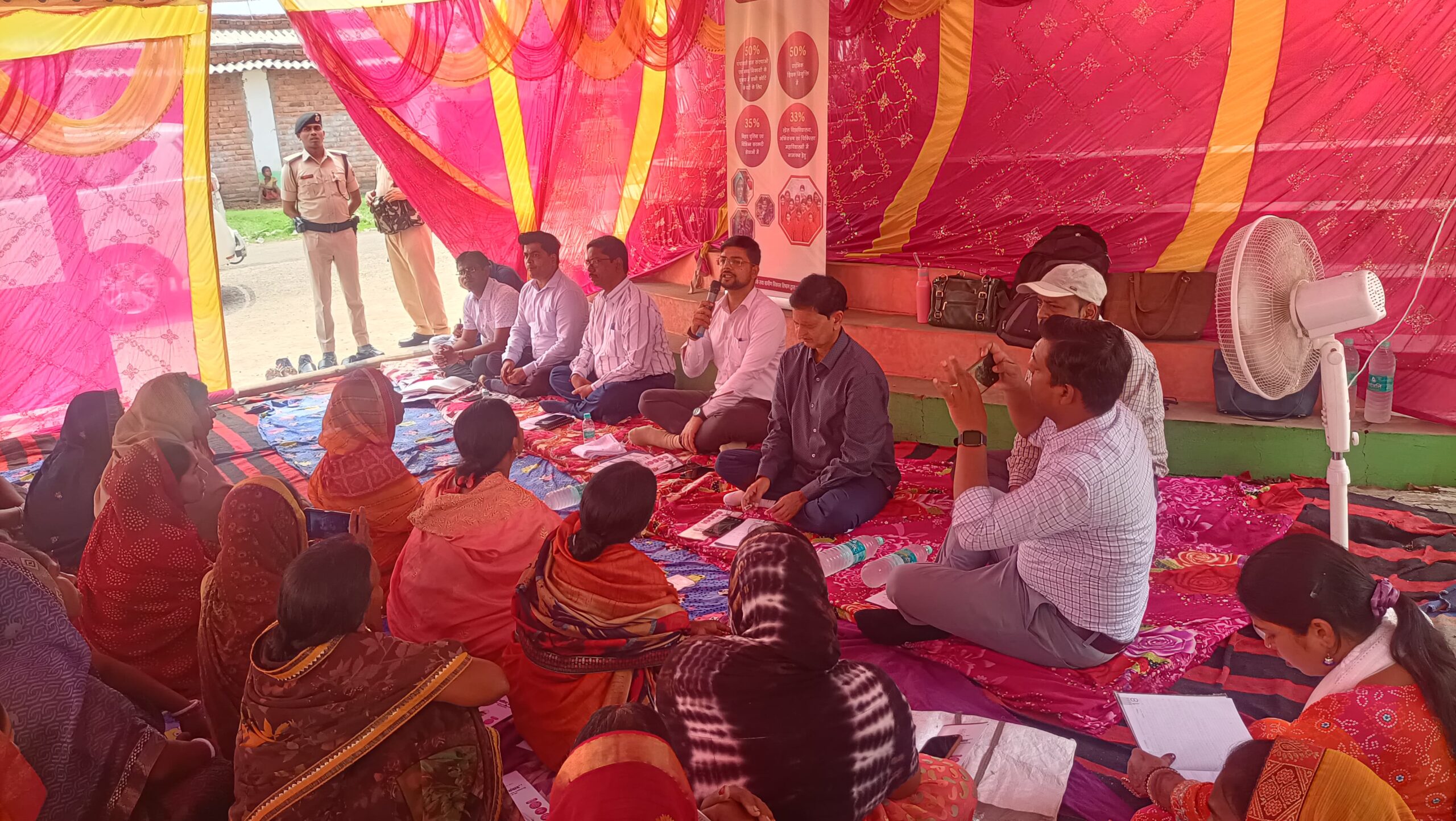
But for many of the women who attended, the significance lies in being heard. As Sunita Devi put it, “This isn’t just about roads. It’s about someone finally asking what we need.”

